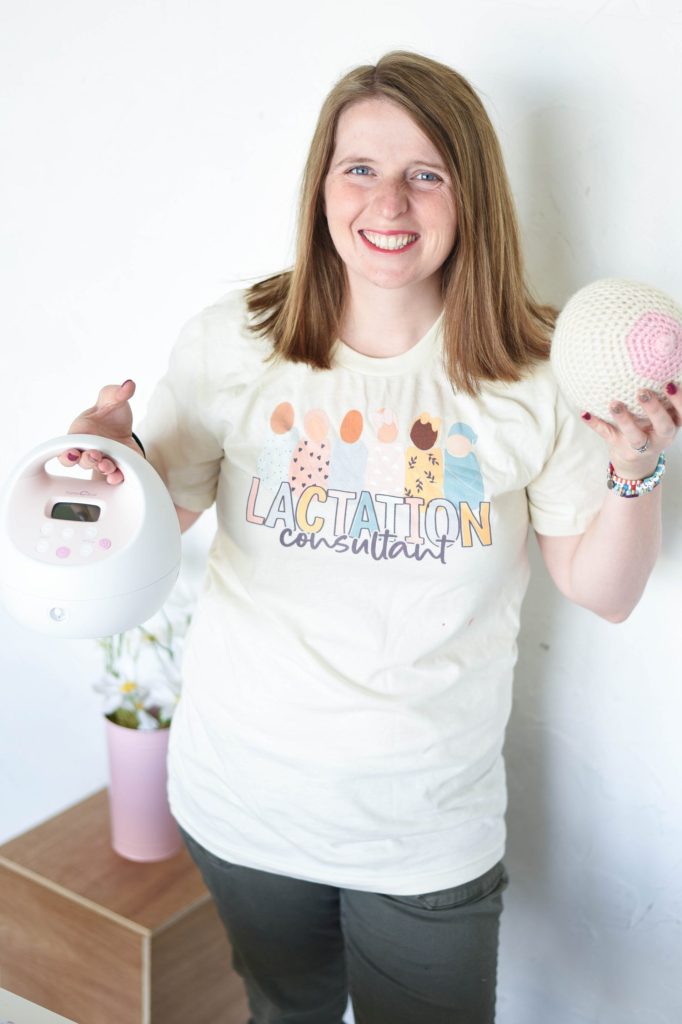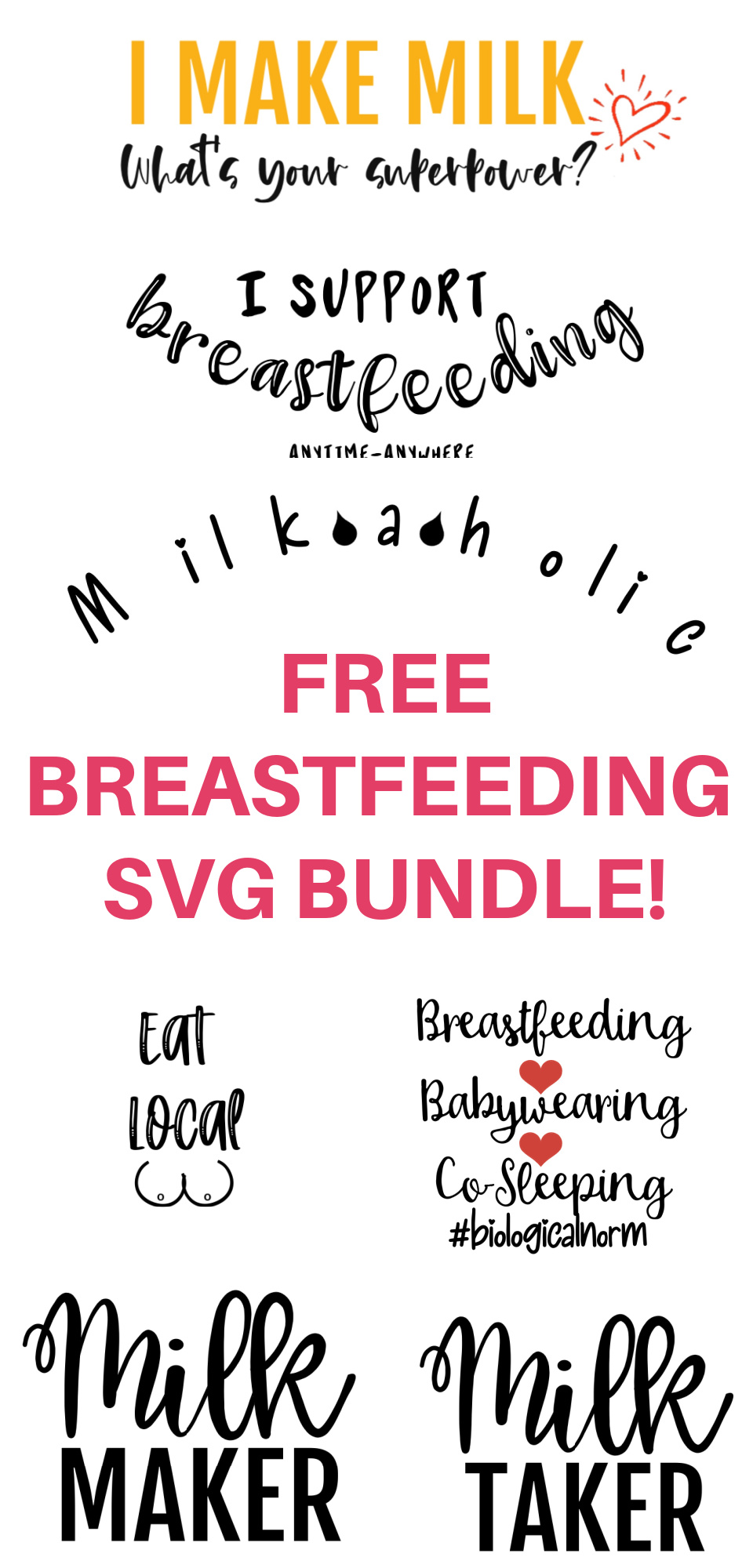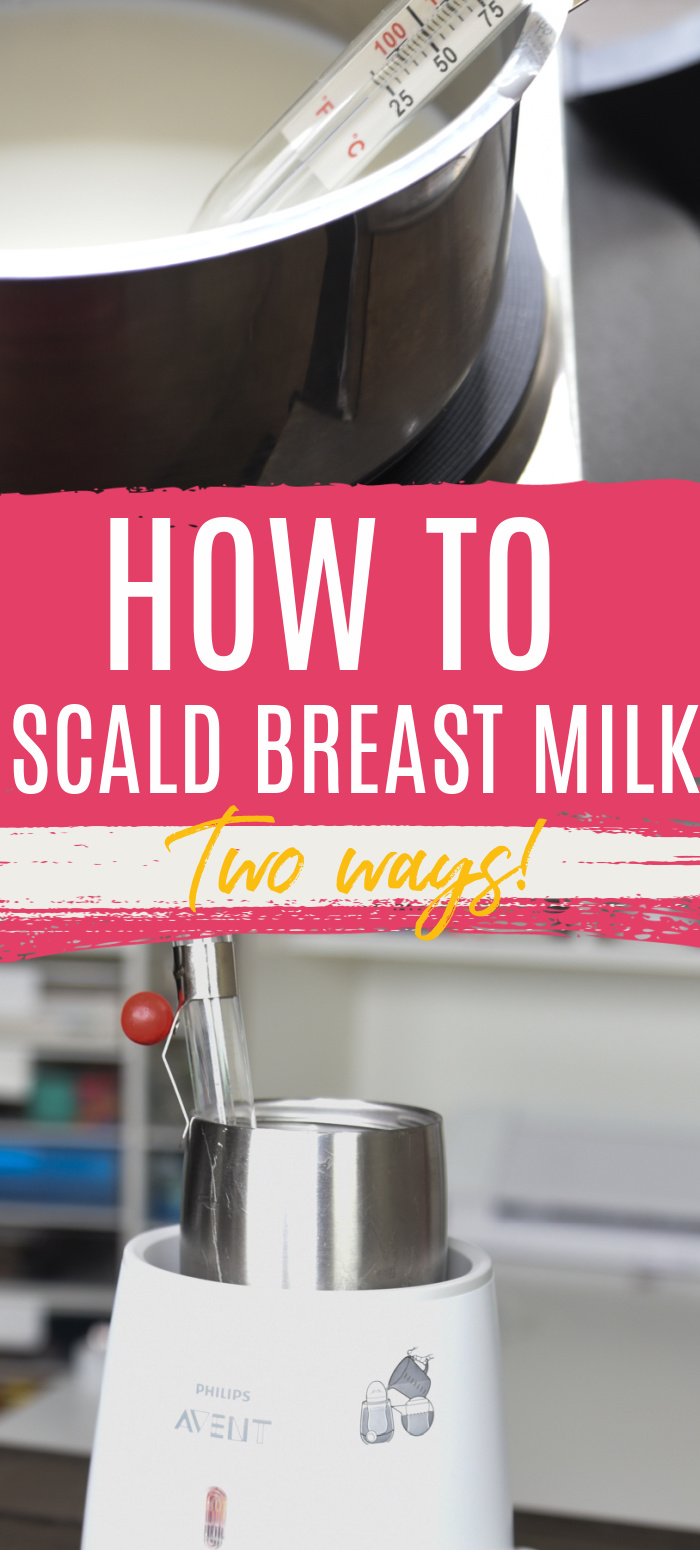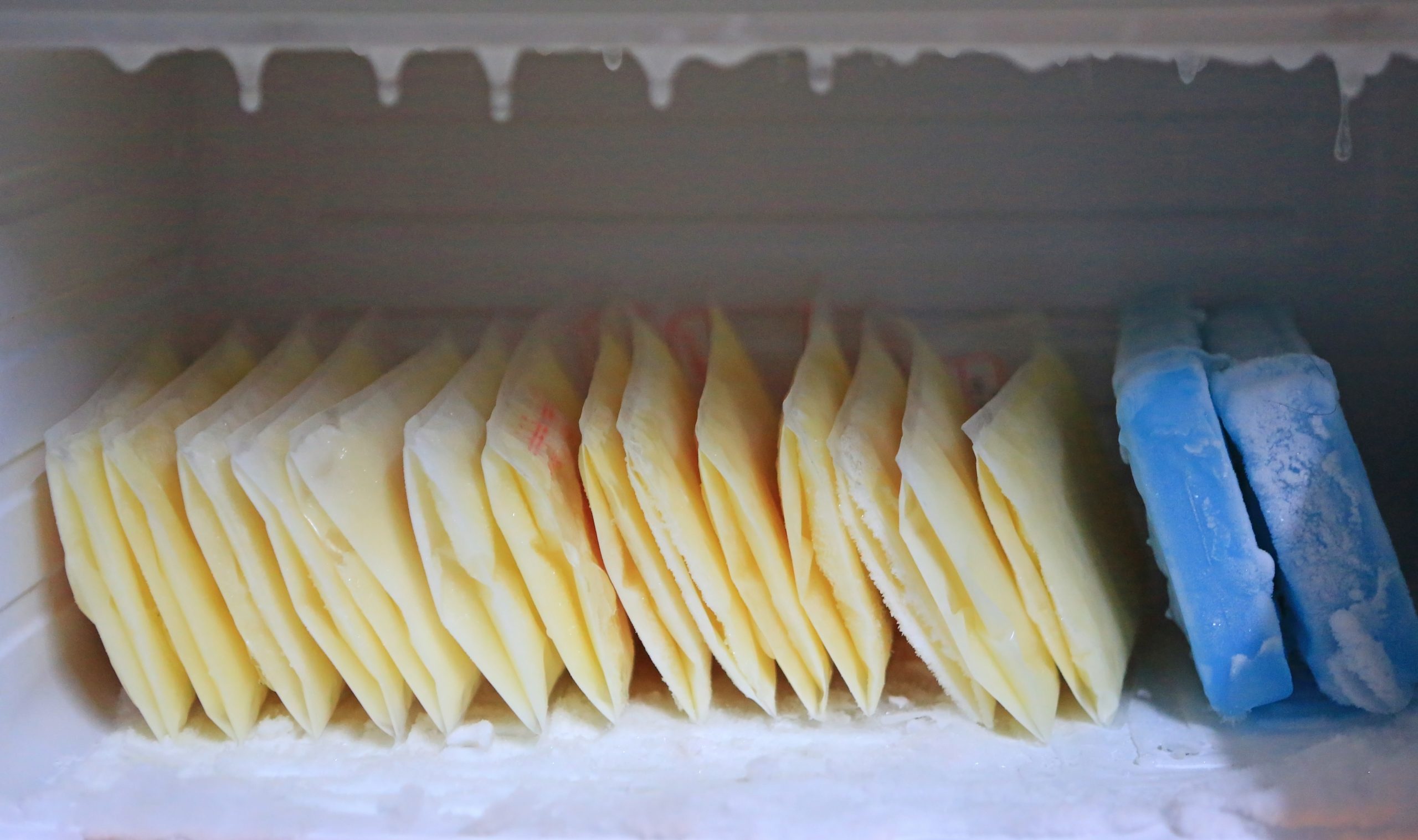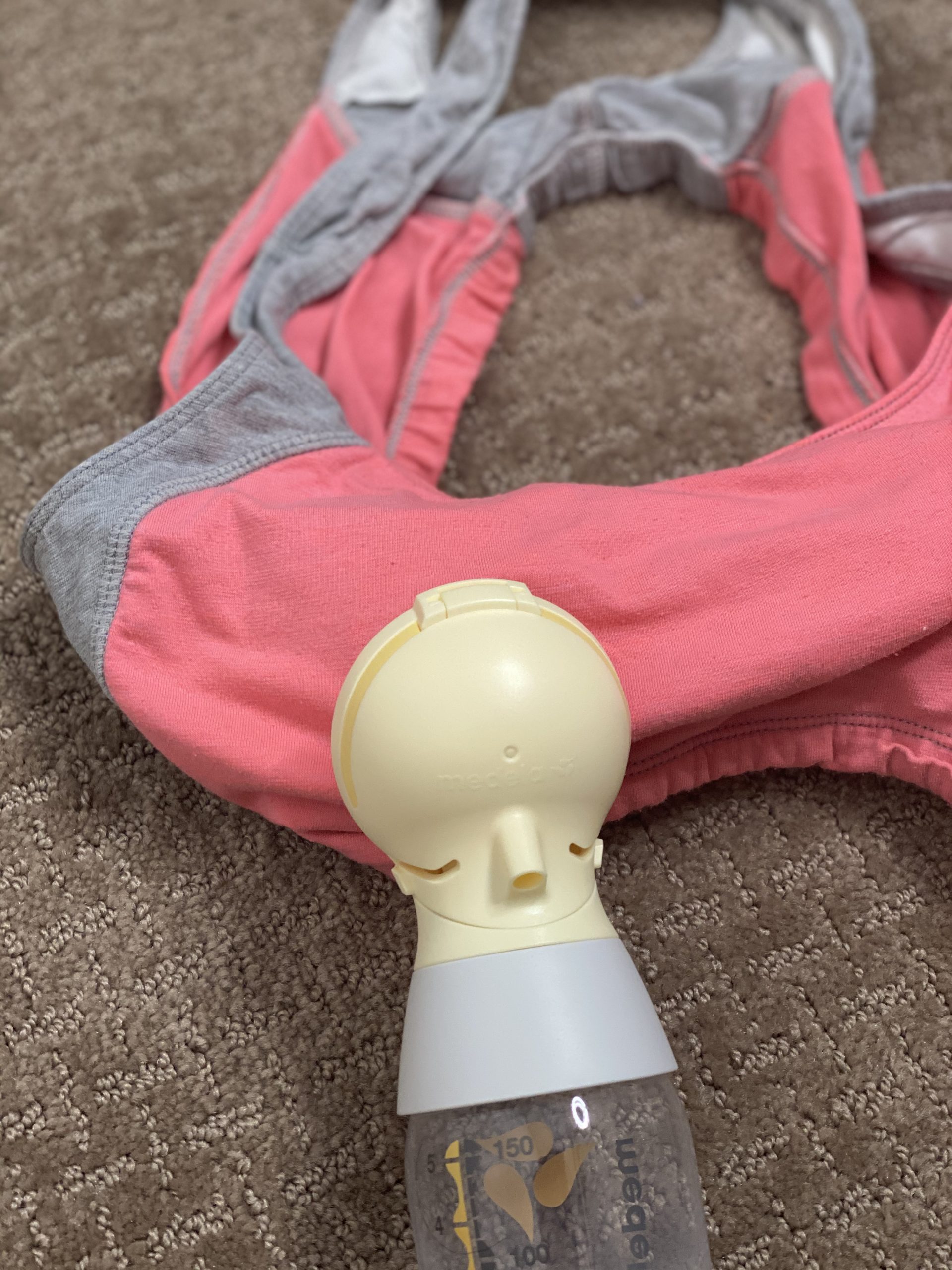Milk donation can make a lot of parents feel nervous – and rightfully so.
You are giving this milk to your child, and it’s important to make sure it’s not something that will harm them.
Breast milk is pretty resilient, but it is susceptible to bacterial growth, spoiling from improper handling and storage, and certain medications and foods do transfer through milk.
Before you decide to use donor milk, there are some questions you should ask – especially if you are going through a private donor, as opposed to a milk bank.
Here are some questions to consider asking. You have every right to know the details of who is donating the milk, how it’s being handled, and any issues that might be associated with them.
If someone is hesitant to answer these questions, they might not be the right fit for you. They can be rather personal, so approaching it with kindness and understanding is important – but a donor should be willing to share this information.
Questions to Ask a Potential Donor
Are they generally health?
Your donor should be generally in good health. While some medications would be fine to be taking, if someone is struggling with their health, they be on a lot of different medications. It might also take a toll on them to donate so much extra milk.
How old is their baby?
Honestly, you can give your baby milk from babies of all ages, but some do advise getting milk from a mother who has been expressing milk for a baby of similar age.
How old is breast milk?
You want to make sure their breast milk isn’t too old and hasn’t been sitting in the freezer for a few years.
M
What medications are they taking or have they taken in recent months?
There are many medications that are compatible with breastfeeding. If the mom is taking any medications, you should be aware of what they are. Some moms are more comfortable with certain medications (such as anti-depressants) than others would be. Once you get a list of medications, I would cross check them in the Mommy Meds app or with Infant Risk.
W
What herbal supplements and/or vitamins are they on?
Herbal supplements can transfer through breast milk. Even ones that are compatible with breastfeeding, such as fenugreek, can cause tummy issues with babies. Ask for all the herbal supplements and vitamins they are taking (including anything like prenatal vitamins or other OTC vitamins).
Do they drink alcohol?
Moderate alcohol consumption is generally considered okay with breastfeeding, however, when it comes to donor milk, you probably want to be more cautious than not. Milk banks require that six hours have passed since the alcohol was consumed, and that’s a rule I think I would follow as well (learn more about alcohol and breastfeeding).
How much caffeine do they consume on a regular basis?
200-300 mg of caffeine a day is generally considered acceptable with breastfeeding. However, if you know your baby is extra sensitive, it’s a good idea to know how much caffeine someone is eating.
What is their overall diet like? Are there any foods they avoid?
You don’t have to have a perfect diet in order to breastfeed, but it’s a good idea to have an idea of your donor’s lifestyle. If you avoid certain foods, your baby has allergies, etc., knowing with certainty if your donor avoids certain foods can be important.
What precautions do they take when expressing?
Since you aren’t there when the milk is expressed, you can’t control the environment. Knowing how careful they are when expressing is super important, as one of the biggest concerns with private donations is the increased risk of bacterial contamination.
Do they follow the CDC guidelines for the proper handling and storage of breast milk?
Again, this is important to make sure the milk is as safe as possible. Read more here – Breast Milk Storage Guidelines: Tips and Tricks for Success
Do they smoke nicotine?
There are concerns about smoking and breastfeeding, though these women re still encouraged to breastfeed (though with extra precautions). I personally would not recommend getting donor milk from someone who regularly smokes, but there are varying levels of comfort. You need to know either way.
Do they smoke or consume cannabis products in any way?
There isn’t a ton known about breastfeeding and cannabis. I would also very careful about this and ask about cannabis use before accepting a donation. There are some moms who will happily accept it, but I would suspect those are few and far between. It does transfer through the milk.
Do they have any communicable/infectious diseases, such as HIV, AIDS, or Hepatitis C?
This is one of the biggest concerns from the CDC and AAP about private donations – that there isn’t screening done to ensure someone doesn’t have an infectious disease. Many of these diseases would be devastating to be transferred to your baby, so it’s very important to ask these questions, even if they are very sensitive. If there is any doubt, don’t move forward.
Has there been any issues with lipase in the milk?
High lipase can affect milk that has been in the fridge or freezer. Some babies accept it just fine, but it would be wise to see if this has been a problem with your donor, especially if you know your baby is sensitive. It would be unfortunate to get a bunch of milk your baby won’t eat!
Did they get the Covid vaccine?
This is a relatively new topic, and it is, obviously, somewhat controversial. Some people will want their donor to have been vaccinated so the antibodies pass to their baby. However, others will not want their donor to have had the vaccine. Approach this question carefully but don’t be afraid to ask!
Questions to Ask a Milk Bank
W
If you’ve decided to go through a milk bank, there is generally a lot less risk. You can usually find answers to these questions on their website. If you’re in the hospital, it wouldn’t be super convenient to call and ask these questions – especially since it’s generally time-sensitive. While you won’t know anything about the person whose milk has been donated, all milk banks have very strict vetting and pasteurization processes, so you can know the milk you are giving your baby is safe.
Here are some of the most common questions – along with the common answers. Be sure to follow-up with your specific milk bank for more information.
What is the screening process for donors?
Every donor milk bank has a different screening process for donors. Some banks require that potential donors complete a lengthy application and interview. Others only require that the donor meets basic criteria, such as being in good health and not taking any medications. Generally, potential donors are required to provide detailed information about their health history and lifestyle choices. They also must be prepared to have blood work done to screen for infectious diseases.
How often do you test the milk for pathogens?
Some donor milk banks test the milk for pathogens every time it is donated. Others only test the milk when there is a concern about the safety of the milk.
What kind of pasteurization do you use?
There are different types of pasteurization. Some donor milk banks use a high-temperature, short-time (HTST) pasteurization, which heats the milk to 161 degrees Fahrenheit for 15 seconds. Other banks use a lower-temperature, longer-time (LTLT) pasteurization, which heats the milk to 145 degrees Fahrenheit for 30 minutes.
What is the shelf life of the milk?
The shelf life of donor milk varies from bank to bank. Some banks pasteurize the milk and then freeze it. This type of milk can be stored for up to 12 months. Other banks pasteurize and then bottle the milk, which has a shelf life of two weeks.
Will my insurance company cover the cost of donor milk?
THis will depend on your insurance, but outside of the hospital, donor milk is not always covered by insurance (learn more about donor milk costs).
How much does donor milk cost?
The cost of donor milk varies from bank to bank, and some banks give discounts for multiple orders. Some banks offer discounted rates if the recipient is financially unable to pay for donor milk.
Do you have a waiting list for donor milk?
Some donor milk banks have a waiting list for donors. Other banks are able to provide milk immediately.
Can I order specific amounts of donor milk, or do I have to order a whole batch?
Most donor milk banks allow you to order specific amounts of donor milk.
How is the donor milk transported?
The donor milk is generally transported in a cooler with dry ice.
What happens if my baby doesn’t like the donor milk?
If your baby doesn’t like the donor milk, you can try another bank or switch to formula. Some babies take a little time to get used to the taste of donor milk. If your baby continues to refuse the donor milk, you can speak to your baby’s doctor about other options.

